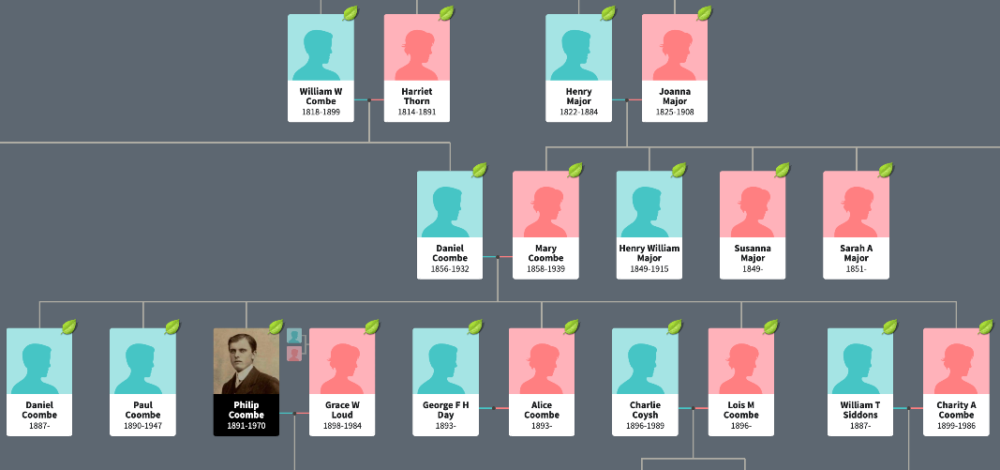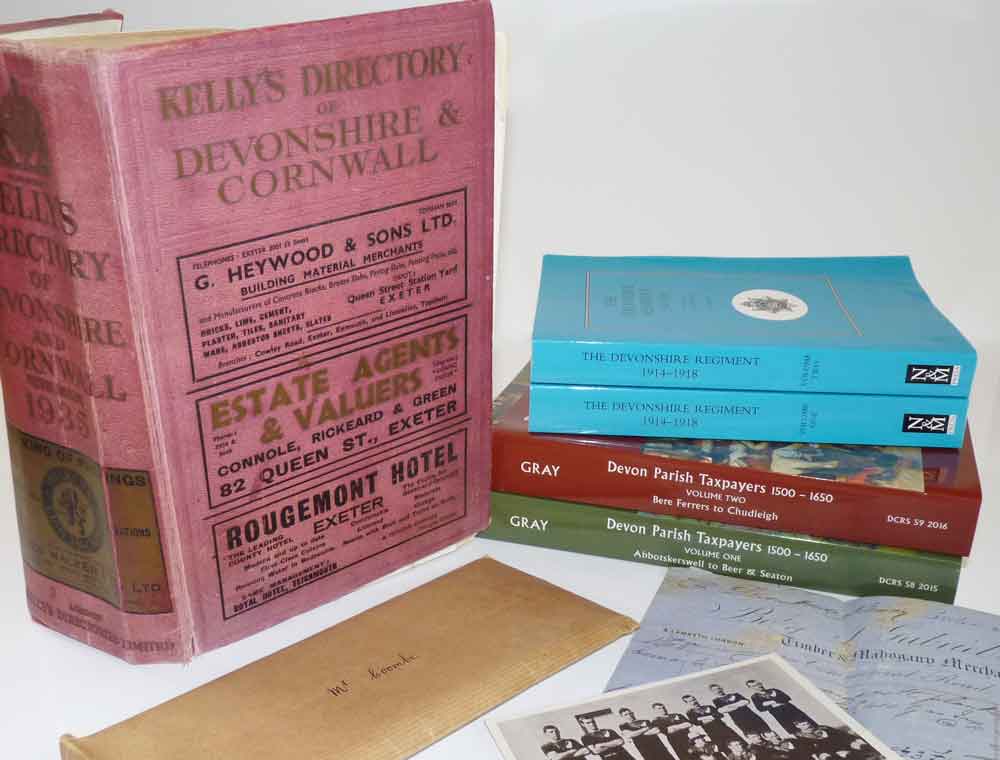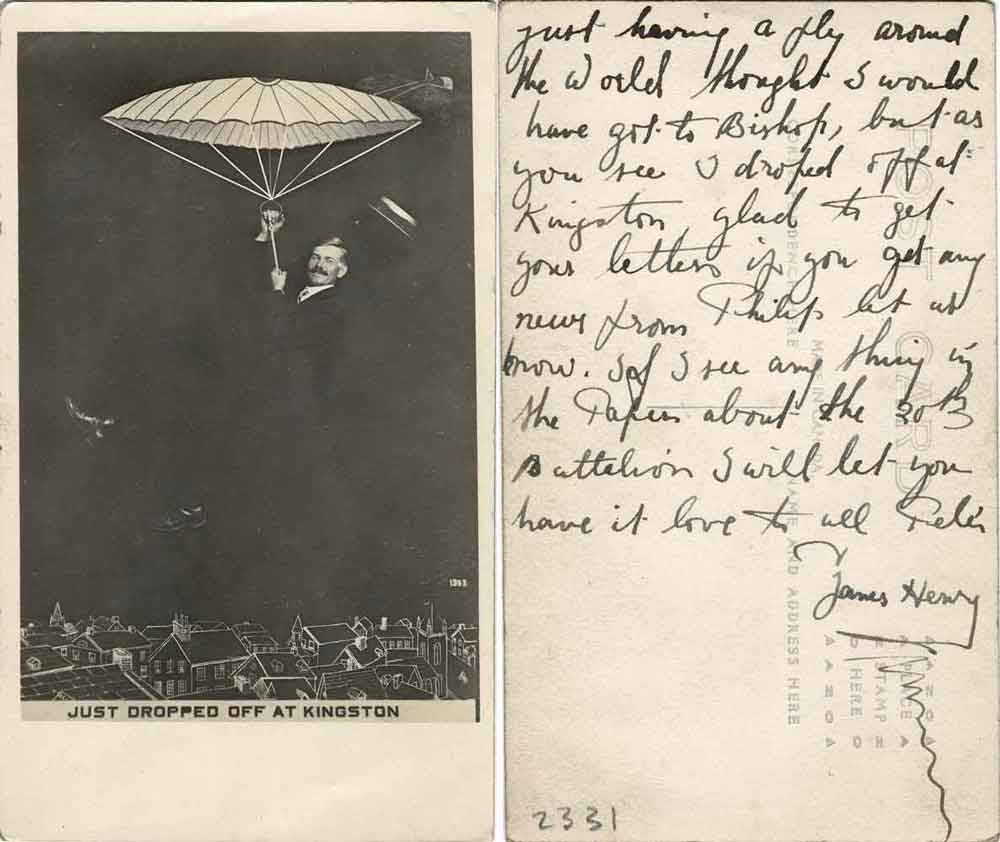Now that you have sorted your family archive and know what you have, as well as labelled and stored your records, it is time to use your records to begin expanding upon and tying together the stories in your family archive!
Much like in Part 1 of this series, I want to encourage you to think about what you want people in the future to be able to find out about you and your family and what life was like throughout their history. It is great fun researching your family history and the local, regional and national history that affected the lives of your ancestors. Furthermore, future generations can really benefit from what you discover about your family history!
So now that you have sorted and stored your family archive material, you can start to expand on the stories they tell by finding out the facts: dates of birth and death, addresses, occupations, marriages, migrations and so much more…

Part of the Coombe family tree using ancestry.co.uk.
Here are some tips for getting started:
- If you have a particular question in mind that you would like to answer, or a mystery you want to solve about your ancestors, start by asking family members and family friends, someone might have the answer! Remember to write down the details so you can form a whole story later on.
- Some of the most informative and reliable sources for finding out facts about your family members are censuses and registers. Some details such as names, dates of birth and occupations are available online for free, for example from the UK Census Online project. Most censuses and registers, among a lot of other records, are available to study for free at local authority record offices and heritage centres. So once Lockdown has ended, pay your local records office a visit!
- Creating a family tree is a useful visual way to record and explain your ancestry and are a great way to show younger generations their roots. Starting with yourself, you can draw out a family tree with a pencil and paper and start to see it grow as you find out more through your research. However, if you want a more interactive and flexible method of creating a family tree, sites like Ancestry and Find My Past provide family tree-building tools and research resources with subscription. As with census and register information, visit your local county records office or heritage centre after Lockdown has ended, as they are likely to offer free on-site use of these tools to researchers!
Alongside census and register data (as well as your valuable family archive material), other online resources are available to help you on your first steps researching your family history:
- The National Archives provide a research guide on family history.
- GenUK have useful online resources on finding out more about places in the UK where your family members have lived.
- Devon Family History Society have some useful tools online for free, but there is even more available to members. Lots of groups like this exist around the country so if you don’t live in Devon, see if there is a family history group in your local area or wider county.
- University of Leicester provide digital versions of historical directories that are rich with information about businesses, services and individuals organised alphabetically by place name.

It is useful to accompany your research with books about local and regional events and people. Lot’s of directories like Kelly’s are available online for free.
If you are having trouble finding your family members in these kinds of documents, get in touch with a heritage organisation in your area for some extra guidance. It can be quite tricky finding out about your family if, for example, they migrated. Other challenges can crop up, like if someone was known by their nickname or middle name instead of their first name. Issues like this can create confusing conflicts between official records and family archive material!
One of the uncles of Molly Coombe, our benefactor here at BH, presented exactly this kind of challenge! Molly’s father, Philip Coombe, had 2 brothers, one of whom was known as Peter. However, when researching Molly’s family history online, I could not find a Peter Coombe in any records where the rest of the family appeared! In the end, thanks to one of our Audio Memories interviews with one of Molly’s cousins, it was explained that the Peter in our family archive material was actually called Daniel in all official records. This really illustrates the value of asking family members about their stories and memories!

A postcard from the man we believe to be Daniel a.k.a. Peter Coombe! The note mentions ‘Bishop’ (Bishopsteignton) and ‘Philip’ the father of our benefactor, Molly Coombe.
Finally, here are some activities to keep you occupied during Lockdown and start expanding on the stories in your family archive:
- Start drawing up your family tree! Be sure to list names, (not forgetting nicknames and married names) dates of birth, death, marriage and whatever else you can think of!
- If you have children at home from school during this period of Lockdown, try using some of the activities from the Devon Family History Society’s ‘Acorn Club’ as part of home-schooling, or just a way to pass the time!
- Talk to an older relative about their knowledge and memories of your shared ancestors. If you don’t live with your family ‘elders’ get in touch on the telephone or online while we are in Lockdown. If possible, try using the material in your family archive to prompt stories!
If you would like further tips and guidance, to view our collections, or want to show us what you have achieved, get in touch on Facebook, Twitter or by email.
